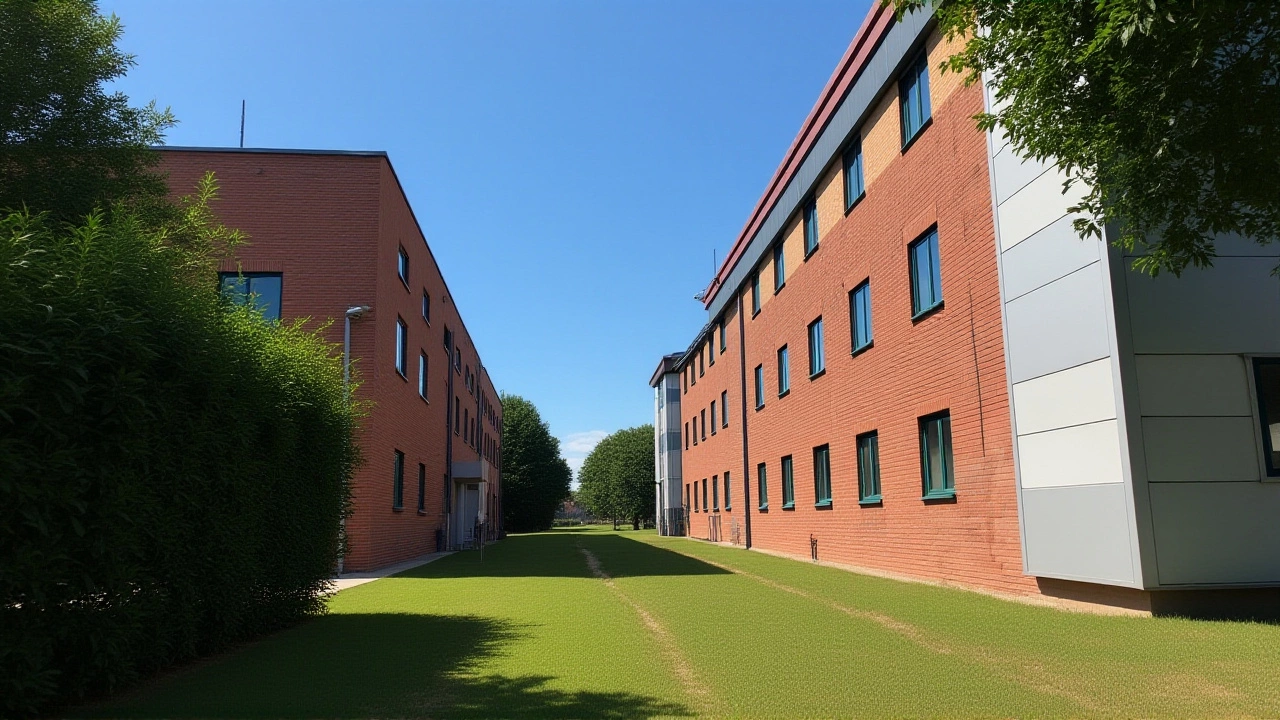Asylum Accommodation Explained
When talking about asylum accommodation, the short‑term or medium‑term housing provided to people seeking protection from persecution. Also known as refugee housing, it sits at the crossroads of humanitarian aid and national law. If you’re looking for a quick overview of asylum accommodation, keep reading – we’ll break down the basics and show why it matters.
Key Elements and How They Connect
One core piece of the puzzle is refugee housing, the range of facilities from hotel rooms to purpose‑built camps that host asylum seekers while their claims are processed. This housing type often overlaps with temporary shelters, structures like modular units or converted schools that can be set up quickly in response to sudden arrivals. The relationship is clear: asylum accommodation encompasses both refugee housing and temporary shelters, providing a safety net during a vulnerable period.
Government policy drives how these places are built and run. Laws dictate eligibility, funding, and standards for space, sanitation, and security. When policy tightens, the quality of refuge housing can rise, but overly strict rules may also limit capacity. In practice, policymakers must balance public concerns, budget constraints, and the human‑rights obligations that shape the whole system.
Human rights form the ethical backbone of the whole framework. Human rights, the universal principles that protect dignity, safety, and freedom for every person influence everything from the right to adequate housing to protection from discrimination. International conventions, such as the 1951 Refugee Convention, set minimum standards that national policies must meet, ensuring that asylum accommodation is more than just a roof over a head.
These entities interact in a simple chain: asylum accommodation requires government policy, which is shaped by human‑rights obligations, and is delivered through refugee housing and temporary shelters. That chain creates a feedback loop: better rights standards push for higher‑quality shelters, which in turn pressure governments to allocate more resources.
Why does all this matter for everyday readers? Because the quality of asylum accommodation affects community dynamics, local services, and even sports participation. Many of the articles on our site—ranging from football talk in Brazil to college‑football playoff predictions—show how sports can be a bridge for newcomers integrating into new societies. Good housing gives asylum seekers the stability they need to join local clubs, attend matches, or even dream of playing professionally.
Below you’ll find a curated mix of pieces that touch on everything from transfer rumors to stadium tours. While the topics vary, they all share a common thread: the importance of solid foundations—whether that’s a well‑run stadium or safe, dignified housing—for athletes and fans alike. Dive into the collection to see how these worlds intersect.
Clearsprings Ready Homes' £60 m profit surge from UK asylum contracts sparks tax‑payer concerns, while charities push for a non‑profit accommodation model.
View Details

